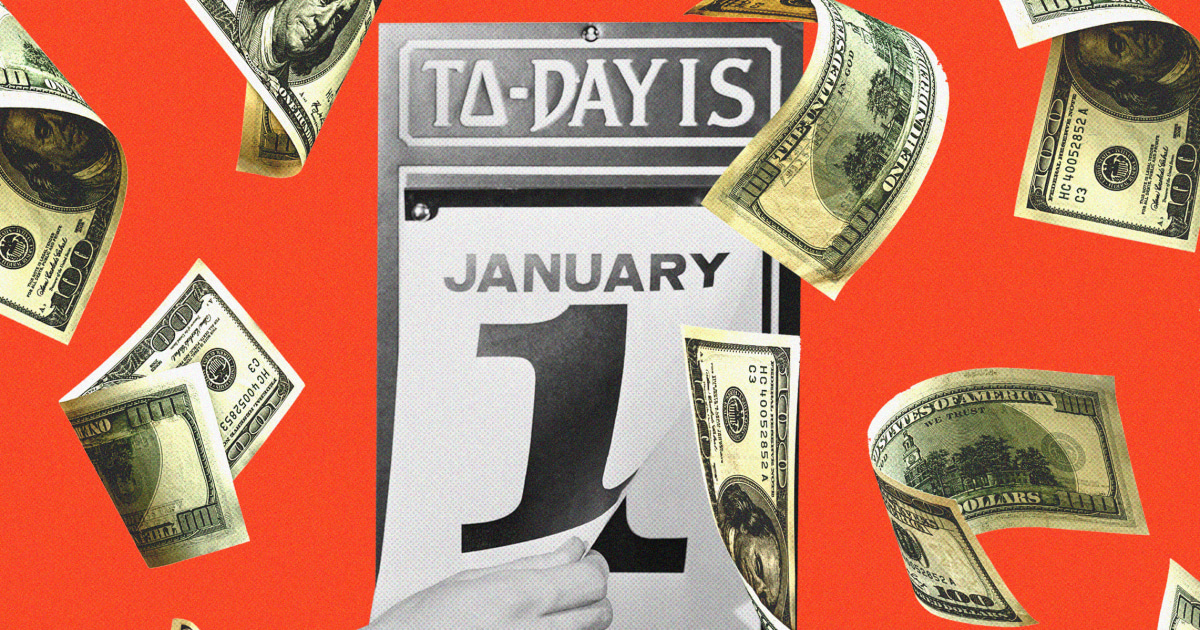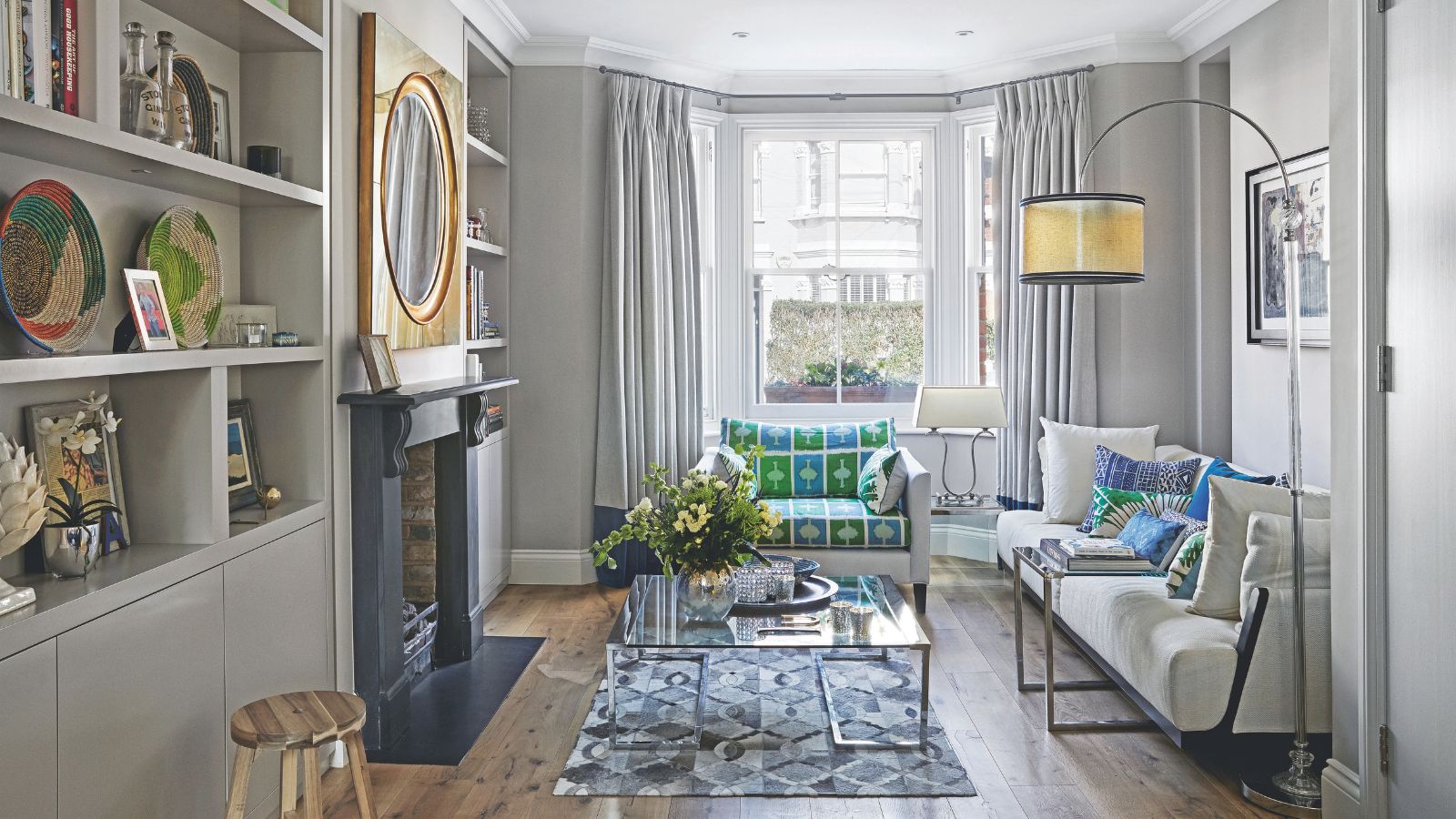Medicine price freeze and $2.2bn for home and aged care among Australia’s federal budget health measures | Australian budget 2024

Older Australians will have access to 24,000 new home care places to support them staying in their own house rather than entering aged care, part of a $2.2bn package delivering recommendations from the royal commission and to improve services.
The government will also stand up 29 new Medicare urgent care clinics, freeze increases to prescription medicines and give the states $882m for programs for older patients staying long-term in hospitals.
A new national online mental health service is also pencilled in for 2026, giving up to 10 free sessions annually for “low intensity” issues, while a $3bn medicines package will freeze prices of prescriptions.
Tuesday’s budget does not include a response to the aged care taskforce, which suggested ways of improving the funding sustainability of aged care such as asking wealthier residents to pay more of their costs. That initiative is still being negotiated in parliament and with the sector.
The budget’s centrepiece for aged care is $531.4m for an additional 24,100 home care packages in 2024-25, which help older people stay out of residential care.
In a plan to “take pressure off hospitals”, states and territories will get $610m to address older patients staying in wards for long periods, including through funding to provide outreach in the community and deliver virtual care to alleviate the need to enter hospital in the first place.
There is also $57m to help dementia patients transition from hospital into aged care and $25m for specialist palliative care to be delivered in care, rather than hospitals.
In anticipation of a new aged care bill to be introduced this year, the government is also putting $111m towards the sector regulator, the Aged Care Quality and Safety Commission, as well as $1.4bn to upgrade digital technology systems.
The government anticipates a midyear decision on the Fair Work Commission’s latest wages case for care workers. Alongside this is $88.4m in funding to attract and retain aged care workers.
Urgent care clinics, presented as a model to help people with serious but not life-threatening injuries avoid hospital casualty wards, have been hailed as a success by the government in lowering emergency waiting times. A further 29 will be added, in addition to the previously promised 58, at a cost of $227m.
after newsletter promotion
As part of the wider cost-of-living package, co-payments for prescriptions on the Pharmaceutical Benefits Scheme will be frozen at $7.70 for pensioners and concession card holders and $31.60 for the general public.
A new mental health initiative will be rolled out from 2026, health officials said, at a cost of $888m over eight years. The program – now titled the National Early Intervention Service – is likely to be renamed and will provide between five and 10 free sessions of cognitive-based therapy for “low-intensity” issues.
The government has been under pressure to expand Medicare-backed mental health offerings after Labor let a Covid-era doubling of eligible sessions (from 10 to 20) expire. The new service will not require referrals and will “ensure people can access support before their distress escalates to needing higher-intensity services like a mental health treatment plan, acute inpatient service or crisis line,” the health minister, Mark Butler, said.
There will be a $30m boost to the Head to Health mental health networks for people with moderate to severe needs. Free services will also be boosted through existing Medicare mental health walk-in centres, which will be upgraded so that each one houses psychiatrists, psychologists and GPs.
“We are expanding the ways Australians can get mental health care,” Butler said. “This will help people get the care they need at every stage of distress, while relieving the pressure on the current Better Access scheme to be all things to all people, which in turn will make it easier for Australians who need a psychologist to get in to see one.”
The budget includes $56m for several women’s health initiatives, including training more GPs to better treat menopause and to insert and remove long-acting reversible contraceptive devices, free period products in remote Aboriginal communities and to improve access to affordable abortion services.
There is also a commitment to undertake a gender audit of Medicare-funded services – looking specifically at rebates patients receive for contraceptive insertion and removal – and for imaging services. The rebate on ultrasounds of the scrotum are now significantly higher, for example, than for a female pelvic ultrasound.
There is also $49m over four years that has already been announced in increased rebates for the diagnosis and management of endometriosis and complex gynaecological conditions, and $7m for a miscarriage education and awareness program and funding for bereavement services, as well as a study to improve data collection on miscarriages.
The government will amend legislation to allow eligible nurses and midwives to prescribe PBS medicines and provide services under Medicare, meaning patients will be able to get certain services and prescriptions from nurse practitioners without needing to see the GP.
link






